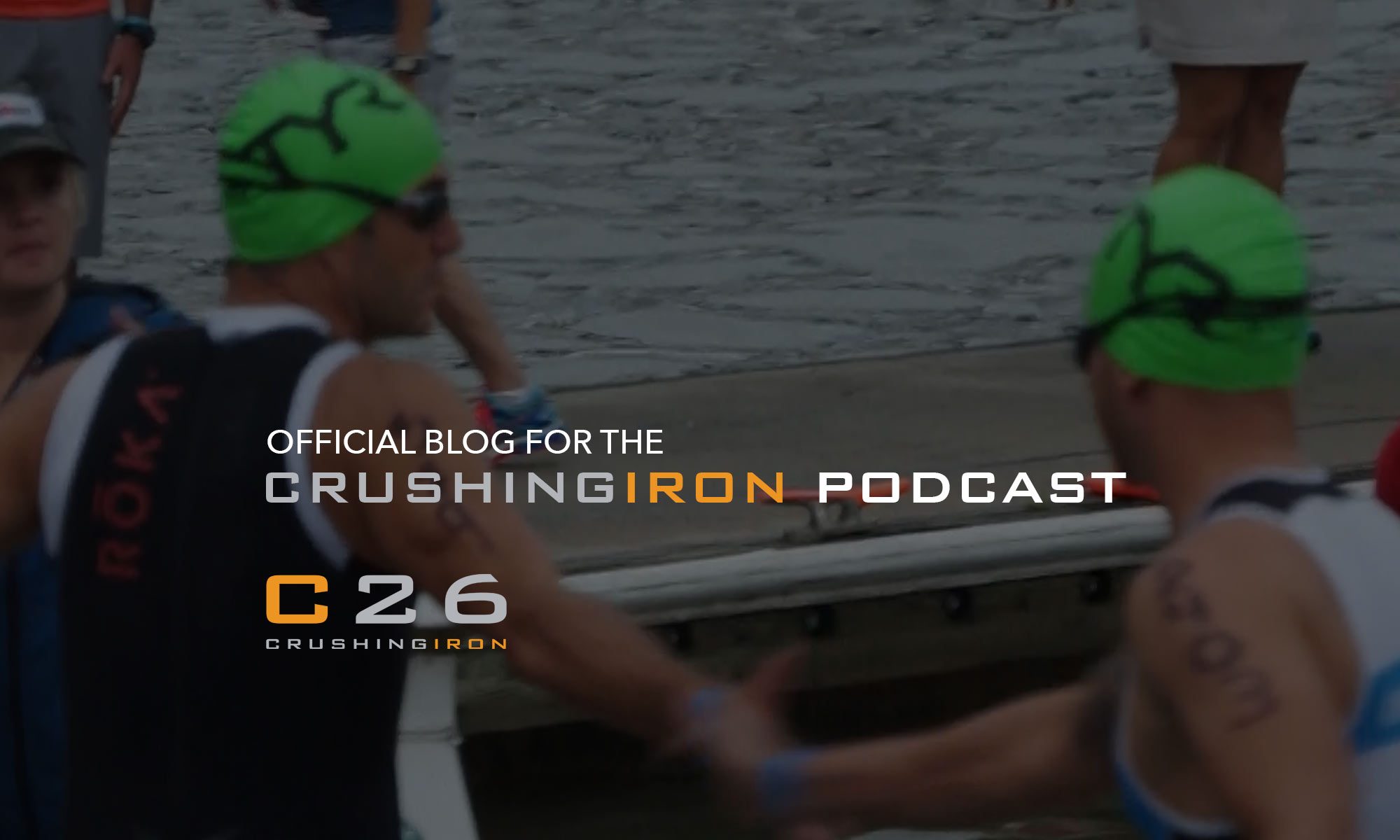Below is a picture I posted on Facebook 5 years ago. I was the heaviest I’d been in my life and depression was my new buzzword. I posted this picture as a “carb-loading” joke the night before starting a Couch to 5k running program. We did 6 sets of 60 seconds of jogging followed by 60 seconds of walking that first day. Since then I’ve finished 4 Ironman races and will likely do more. I’m almost positive you could do something similar if you put your mind to it.
As I reflect on that day, I remember how obsessed I became with the quest, to first, be a runner, then an Ironman.
There were a lot of pictures like the one above. Posts of my Garmin after workouts, race results, or anything else to do with my new found love of transformation.
But, after about a year of that, I started getting self-conscious of my quest. I remember how I would covertly steer seemingly every conversation around to Ironman, then I’d launch into a diatribe about how “amazing” everything was in my life because of triathlon. But it wasn’t.
I was still struggling with many of the same issues and triathlon was mainly an addictive substitution. My life balance was still out of whack.
I was definitely on a better path, but had to figure out how to balance the incredibly demanding sport of triathlon with other passions in my life. And more importantly, how to use the momentum for personal growth.
I can honestly say I haven’t quite figured it out yet. But I have been on a path of finding contentment in the simpler things in life.
I’m feeling more comfortable in my skin and finding clarity in the idea that this process is for myself. Most people could care less if I just had a kick-ass 8 mile run, or swam 3,000 meters in the pool.
But some do. And it’s those people I feel most comfortable with. The ones who take genuine action towards being a better person, not only in triathlon, but business, creative pursuits, and exploration. The ones that know it’s a long road and change, privilege, and understanding doesn’t happen overnight. The ones who realize we’re all flawed and life is a work in progress.
This is kind of the tone for our latest podcast. We talk about the delicate balance between endurance sports and life. The price of isolation, addiction, and obsession. We ask questions like, “How can we trek 138 miles, ache in every inch of our body, and be sad an Ironman is almost over?”
I just love the drive and desire of people who take up triathlon. I truly believe they are the type of person who wants to get the most of life through action.
Commitment to change is never easy, but it helps to have like-minded people in your corner. Hope you enjoy this discussion.










